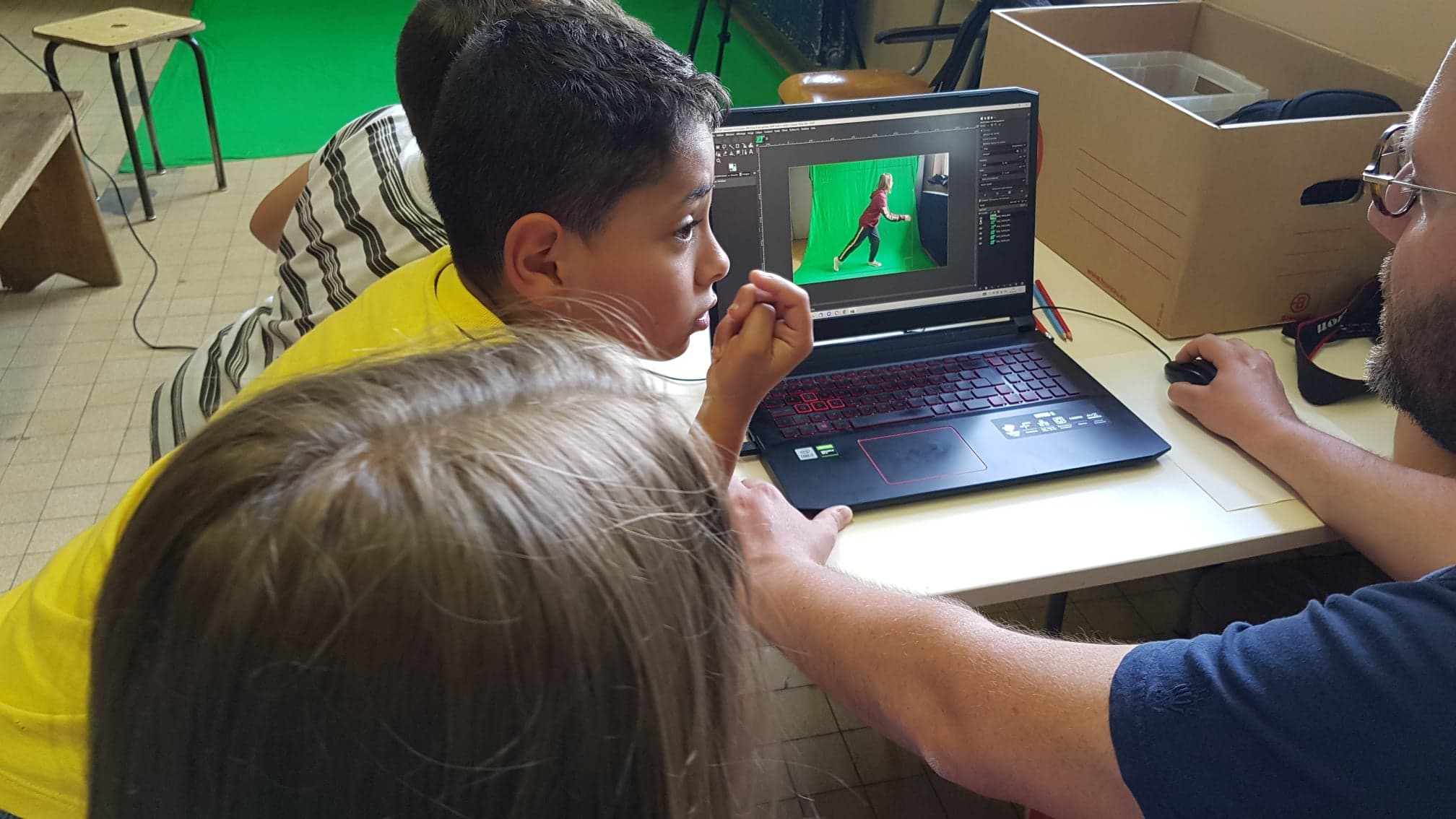
Topic(s) addressed
The project’s goal was to help children, their parents and teachers find answers to the commonly asked questions about modern technology. In the end, an application guide was produced.
Target group(s)
About 200 teachers and more than 2,000 students aged 2.5 to 18 have joined this ambitious project.
Methodologies
To achieve the project’s objectives a set of methods was developed and a participatory approach was used. It included cooperation and a transdisciplinary strategy. The self-esteem building was achieved by promoting involvement and participation in school extra-curricular activities and working committees. Working hand-in-hand with our European partners was possible through the use of eTwinning platform.
Innovation environment
The project has not only bolstered the European partnership but also actively engaged teachers, particularly those specializing in computer science and language instruction. It has played a pivotal role in nurturing fresh skills among students, while simultaneously ensuring the seamless integration of families during the inception phase and throughout the project's various activities.
While the application succinctly outlined numerous impacts on teachers, students, and families, there exists an opportunity for a more comprehensive exploration and use of these impacts. Diverse domains, ranging from social enrichment to environmental consciousness, have been addressed as part of this endeavour.
Teachers’ role
The quality of the inventive computer creations, exemplified by the QR Code-integrated application, stands as a testament to the deep engagement of educators, notably those specializing in computer science and language instruction.
Impact and output
The project's effects reverberate extensively across its three primary beneficiaries: teachers (showcasing best practices), students (acquiring novel skills), and families (enhanced screen management). Moreover, these effects are discernible not only within the context of the five participating schools but also in the embrace of innovative pedagogical approaches.
The initiative has ventured into various spheres, spanning from social advancements to environmental considerations. The project's visibility is fortified through the widespread distribution of the developed IT tools, facilitated by a robust network of collaborators at local, regional, and European tiers.
Video
- Reference
- 2019-1-BE01-KA229-050401
- Project locations
- Belgium
- Project category
- Primary education
- Project year
- 2023
Stakeholders
Coordinators
Ecole communale mixte fondamentale d'Ouffet section de Warzée
- Address
- Belgium
Participants
OOU "Metodi Mitevskl-Brico", Lozovo
- Address
- North Macedonia
Liceul Vocational Pedagogic ""Nicolae Bolcas"", Beius
- Address
- Romania
Aydinlikevler Ilkokulu
- Address
- Türkiye
Colegio Internacional SEK-Alboran
- Address
- Spain
Ecole Elémentaire Publique Marcel Pagnol
- Address
- France
